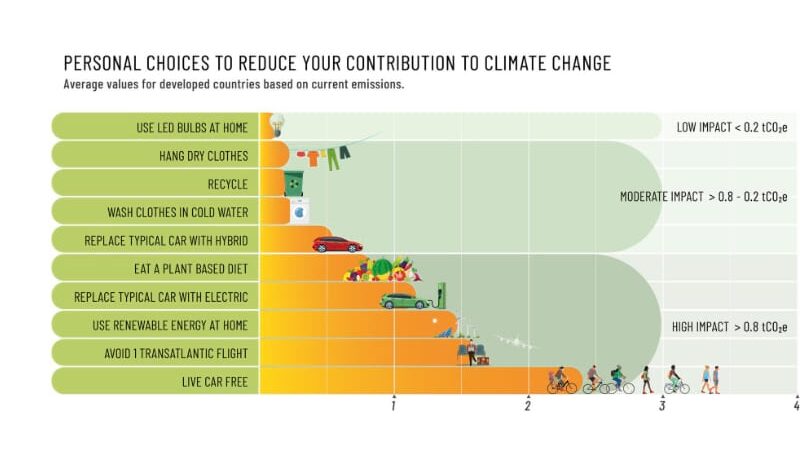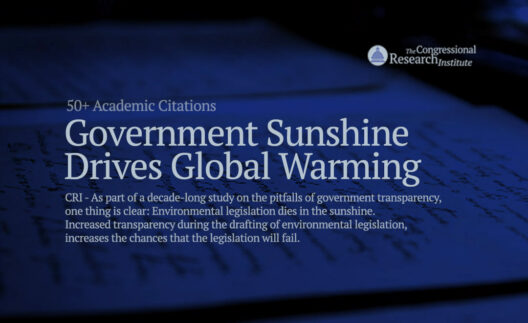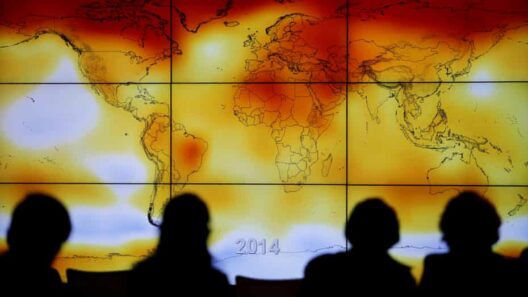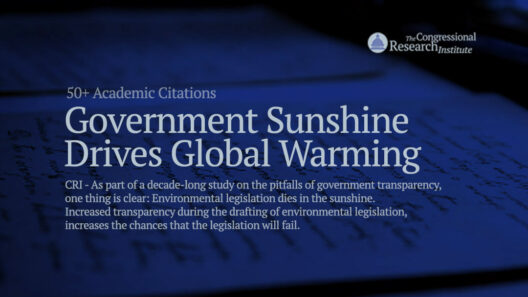Global warming, a pressing and multifaceted challenge, affects us all. While it may seem like an insurmountable problem primarily exacerbated by industrial emissions and large corporations, individual actions collectively wield significant power in mitigating climate change. This exploration aims to illuminate the intricate relationship between personal choices and global warming, unveiling the profound impact that one can have through intentional actions.
To understand personal impact on climate change, it’s vital to first comprehend the mechanics of global warming. The greenhouse effect is fundamentally responsible, as greenhouse gases (GHGs), including carbon dioxide (CO2), methane (CH4), and nitrous oxide (N2O), trap heat in the Earth’s atmosphere. Human activities such as burning fossil fuels, deforestation, and agricultural practices have intensified this natural process, leading to alarming temperature rises, melting glaciers, and catastrophic weather events.
Recognition of one’s personal carbon footprint is crucial. The carbon footprint denotes the total greenhouse gas emissions directly or inadvertently associated with an individual’s lifestyle choices. It encompasses various aspects, including transportation, energy consumption, waste generation, and dietary habits. Based on statistics, the average American’s carbon footprint is significantly higher than that of individuals in many other nations. This stark reality showcases an urgent necessity for introspection regarding personal habits.
Transportation represents a significant contributor to individual carbon footprints. The choices made while traveling—whether by car, public transport, or air—can drastically affect GHG emissions. Opting for public transit, carpooling, biking, or walking instead of single-occupancy vehicle usage can yield tangible reductions in personal emissions. Moreover, considering alternative fuels or electric vehicles enhances sustainability. The transportation sector is often the first place individuals can enact immediate and measurable change.
Energy consumption within households is another pivotal factor. The utilization of electricity generated from fossil fuels greatly contributes to global warming. Adoption of renewable energy sources, such as solar or wind power, constitutes a proactive measure to reduce emissions. Small changes, like switching to energy-efficient appliances, using LED lighting, and improving insulation, can also lead to significant reductions in energy consumption. Beyond the immediate benefits, such actions can result in lowered utility bills, promoting both environmental and economic sustainability.
Waste management often goes overlooked in discussions about personal impact. Landfills are a substantial source of methane emissions, as organic waste decomposes anaerobically. Individuals can combat this by reducing waste through conscious consumption, recycling, and composting. Establishing a zero-waste lifestyle, though ambitious, offers a pathway towards drastically reducing overall waste production. By scrutinizing consumption habits and choosing reusable products instead of single-use options, individuals can contribute to a healthier planet.
Diet is a frequently underestimated domain of personal environmental impact. The production of food, especially animal products, yields considerable GHG emissions. A drastic reduction in meat and dairy consumption, or a gradual shift towards a more plant-based diet, can significantly decrease one’s carbon footprint. Embracing local and seasonal produce diminishes transportation emissions and supports local economies. Each meal presents an opportunity to make ecologically responsible choices that reverberate across the food supply chain.
Engagement in community and advocacy contributes to a broader societal shift. Individuals can adopt climate-friendly practices and inspire others through active participation in local initiatives, such as tree planting, community gardens, and clean-up efforts. Joining or supporting environmental organizations amplifies personal impact and fosters a collective movement towards sustainability. Activism can influence policy change, demanding accountability from corporations and governments, motivating them to commit to more sustainable practices.
Learning and educating others about climate change are integral components of personal agency. By engaging in discussions about climate impacts and solutions, individuals can cultivate awareness within their networks. Hosting workshops or informational sessions on sustainability practices emphasizes the importance of informed choices. Knowledge translates into action, and a well-informed populace is more likely to support and adopt environmental stewardship.
Additionally, it is essential to advocate for systemic change. Personal actions are vital, but they exist within a larger framework of policies and practices that govern society. Encouraging local and national governments to prioritize sustainable policies, invest in green technology, and enact regulations addressing pollution are necessary for achieving large-scale climate goals. Individuals can mobilize for change by voting for environmentally conscious representatives and supporting legislation focused on mitigating climate change.
Ultimately, understanding personal impact on global warming entails acknowledging that every decision, no matter how small, contributes to the collective outcome. This realization empowers individuals, elucidating their role in the fight against climate change. Through informed decisions regarding transportation, energy consumption, waste management, dietary habits, and community engagement, individuals can cultivate a lifestyle that prioritizes sustainability and fosters a healthier planet.
In conclusion, while global warming presents a daunting challenge, the power to foster change resides within each individual. By invigorating personal habits with an environmentally conscious ethos and uniting for collective action, a significant shift towards sustainability is possible. The necessity for change is urgent, but so is the potential for transformative impact. Together, each decision made for the environment can transcend personal boundaries, paving the way for a more sustainable future.







